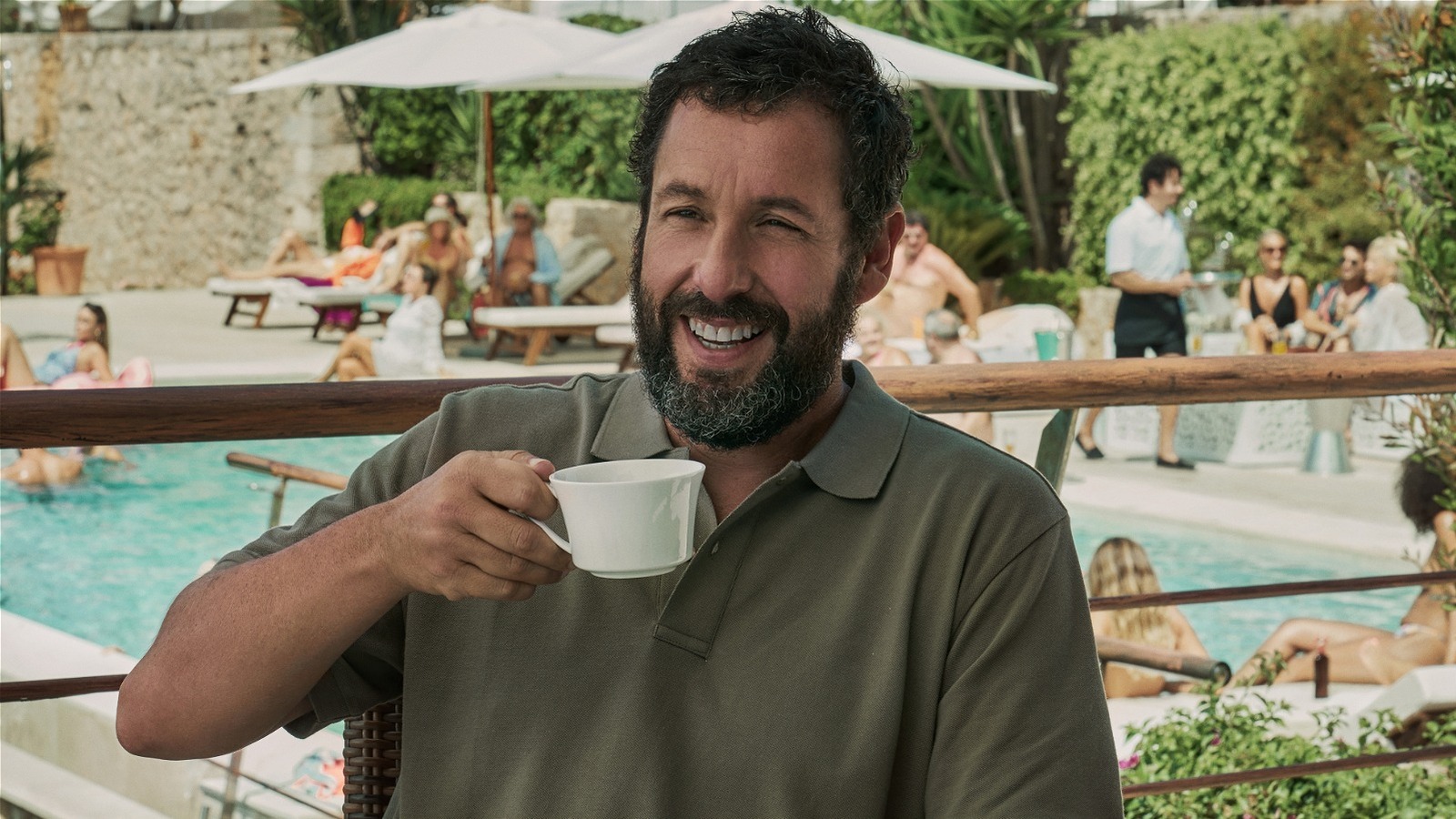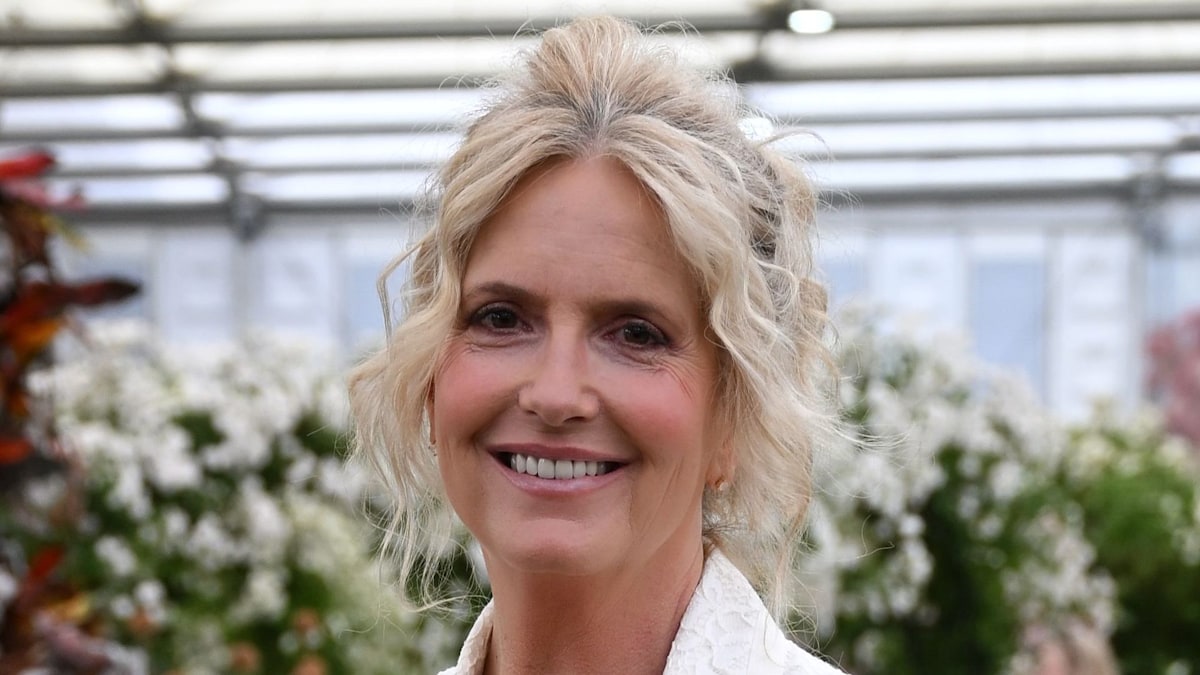Which Movies Tell Princess Diana's Story Best? 7 Films That Tried
“There’s a lady who’s sure all that glitters is gold…” Led Zeppelin wasn’t singing about Princess Diana in Stairway to Heaven, but doesn’t it fit? A shy teenager plucked from nobility to become the most photographed woman on Earth, her life was less a fairy tale and more a Greek tragedy dressed in Chanel.
Directors have poked, prodded, and probed Princess Diana’s story from every angle: as a grieving mother, a fashion icon, a lost soul, and even a hunted woman. Yet every film captures only fragments. Some humanize her. Others dissect her. A few nearly sanctify her. And The Crown? It treaded lightly, like walking on royal eggshells. No one gets it quite right.
Because Princess Diana was never just one story; she was a shattered mirror, each shard reflecting something beautiful, broken, and unrepeatable.
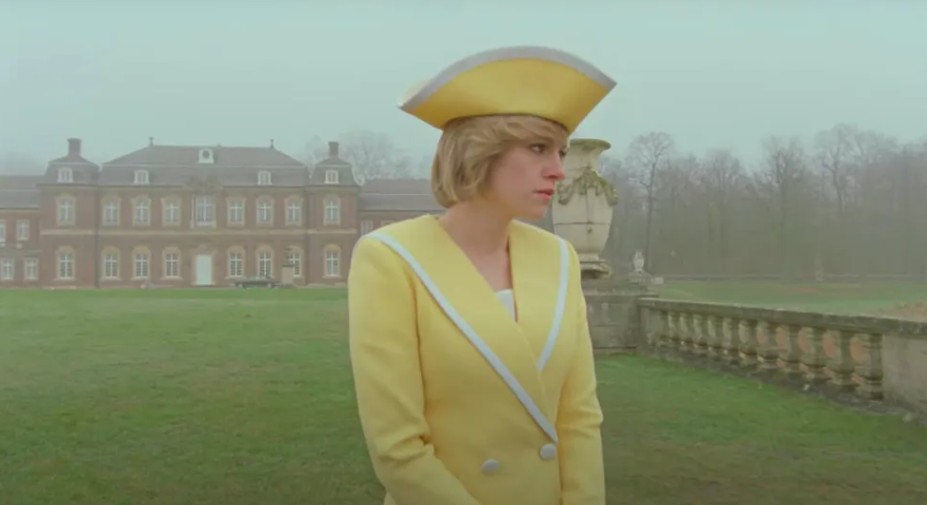
Pablo Larraín didn’t make a Princess Diana film. He made a ghost story where Diana is haunted not by palaces, but by herself. Kristen Stewart, shaking off Twilight like dust from velvet, delivers a performance that’s less mimicry and more possession. It bleeds emotion. Princess Diana’s Christmas at Sandringham in 1991 becomes a psychological crucible.
Stewart’s performance is haunting: vulnerable and volatile, like a candle flinching in the wind. Critics swooned. She was nominated for the Academy Award, Golden Globe, and Critics’ Choice awards for Best Actress.
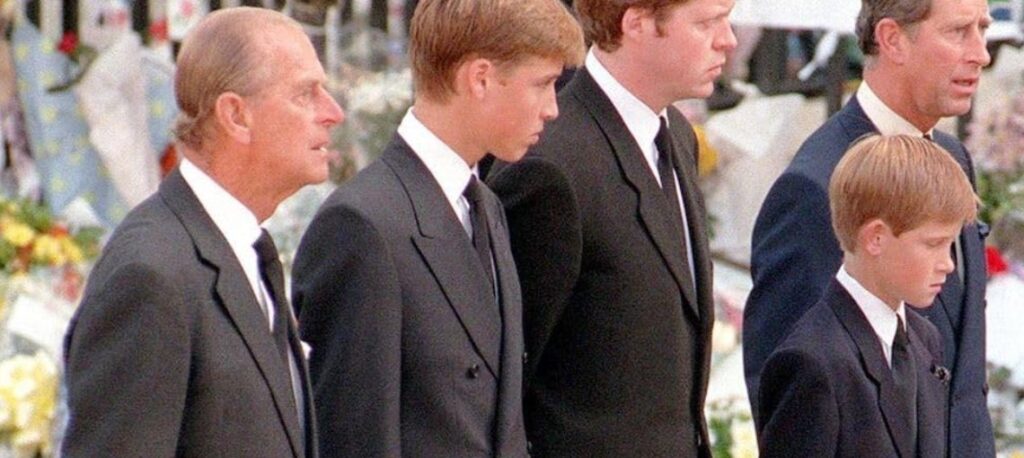
Forget tiaras and tabloids; this BBC docudrama is about the aftermath. About a country that sobbed in the streets while its monarchy stiffened its upper lip. It doesn’t dive into Princess Diana’s psyche but rather floats above, chronicling how her death created a fault line in Britain’s collective conscience. Reenactments fuse with real footage in a restrained, almost reverent tone.
While emotionally sincere, it feels like a eulogy written in dry ink: observant, not intimate. The numbers say it worked: 5.6 million UK viewers on release—the most-watched television program that night.
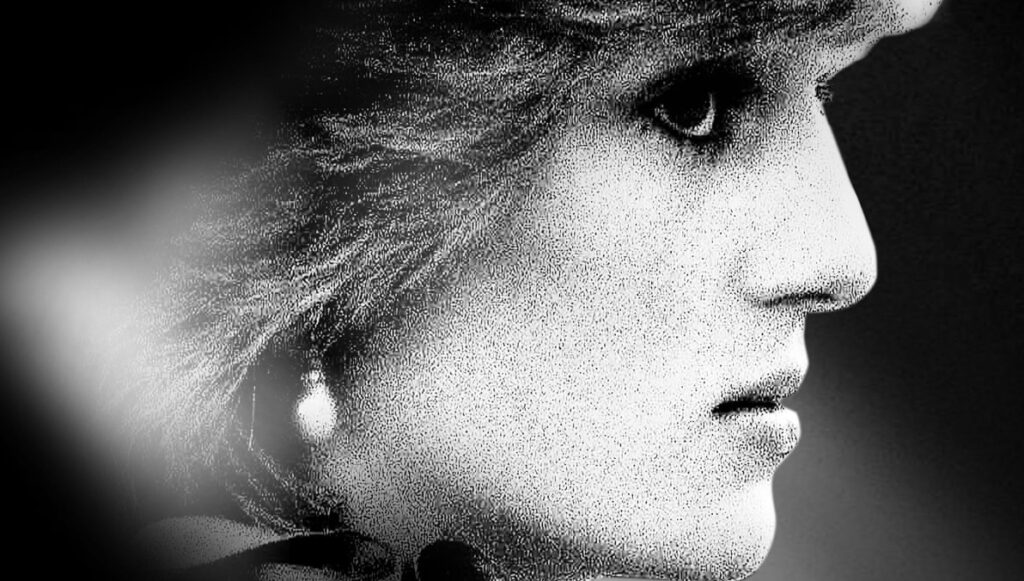
Director Ed Perkins hands the camera to history itself and steps back. The result? A documentary that feels like flipping through a stranger’s diary with no explanation: powerful, intrusive, and often heartbreaking.
It’s voyeuristic and immersive. You see the rise of Princess Diana, the paparazzi chase, the unraveling, all without a single guiding voice. And maybe that’s the point. The world watched. No one intervened.
It got 85% approval on Rotten Tomatoes, and critics hailed its bold structure, while some viewers craved more interpretive depth.
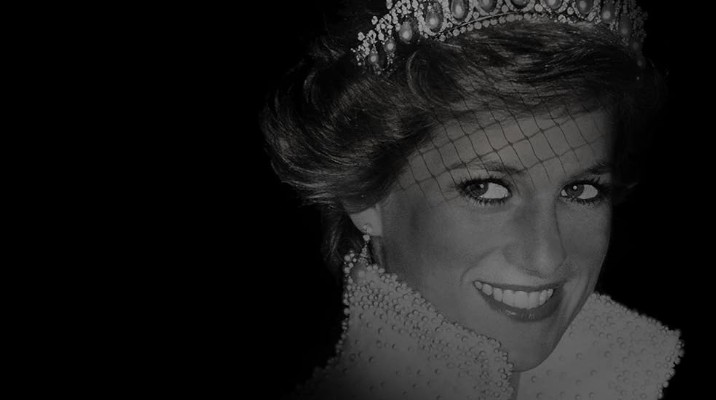
Here comes the conspiracy corridor. This documentary dips into questions many fear to utter aloud. Was it an accident… or something more sinister? Equal parts investigative and speculative, it examines theories, traces timelines, and scratches the surface of truth—or what people believe is truth.
It isn’t elegant, but it’s unapologetically curious. And though the facts may waver, the film’s focus on Princess Diana’s impact—as mother, icon, and global figure—is more grounded than its title suggests.
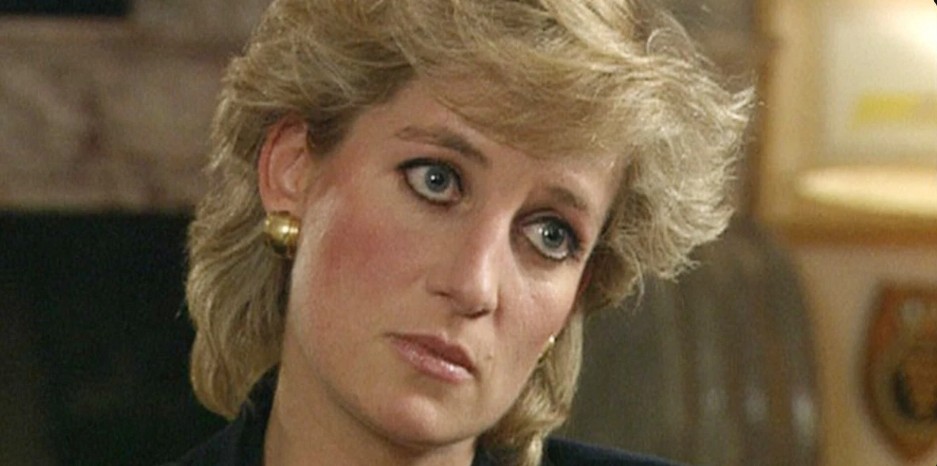
Becoming Princess Diana, directed by Camilla Tominey, pulls back the curtain on the tender, tumultuous years before Diana Spencer became a household name. This quietly powerful documentary traces her path from a reserved, soft-spoken country girl to the world’s most photographed woman.
The film captures the young Princess Diana at a crossroads—still naïve, still hoping—before the tide of fame swept her off her feet. It doesn’t just trace her rise; it shows the cost. And in doing so, it reminds us that legends aren’t born; they’re made in fire, under pressure, and too often, without a lifeline.
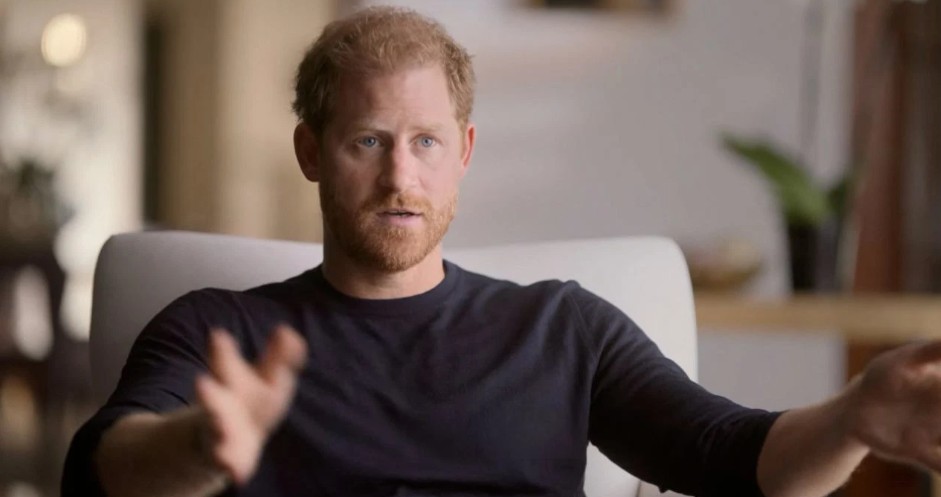
Lifetime’s fictional take, based on Noel Botham’s book, plays like a thriller you feel guilty watching. Jennifer Morrison stars as an American journalist investigating Princess Diana’s fatal crash and the conspiracy theories surrounding it.
The New York Times didn’t mince words, calling it a conspiracy smorgasbord and a melodrama unfit for dinner conversation. There’s intrigue, but little integrity.
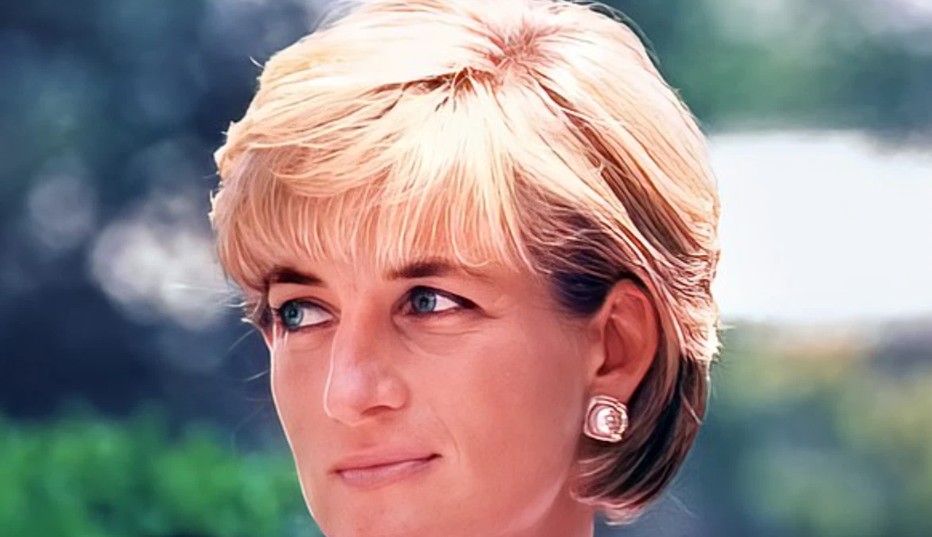
Released in 1992 and starring Catherine Oxenberg and Roger Rees, this dramatized TV movie aimed to depict the slow implosion of the Waleses’ royal marriage. The script is melodramatic, the acting uneven, and the depiction of King Charles and Princess Diana teeters on caricature. Still, it holds archival value: an early attempt to dramatize a story still unfolding.
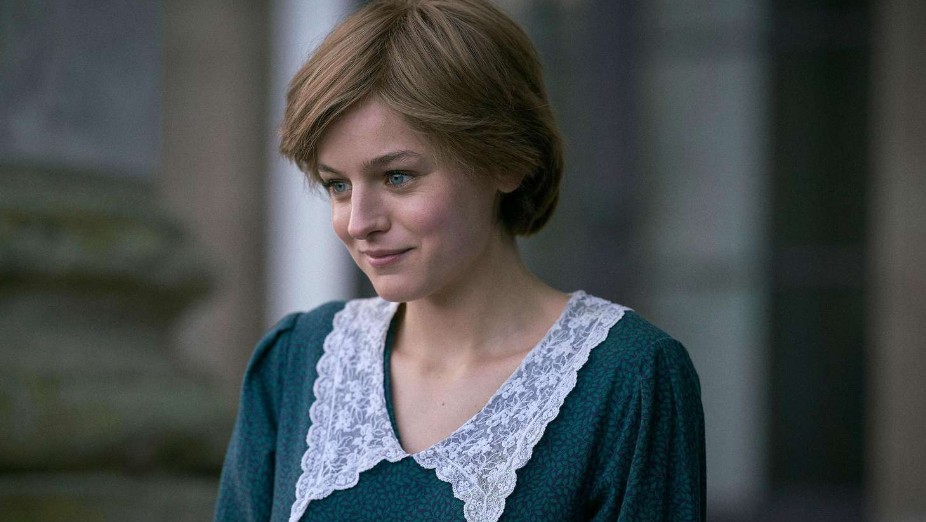
If the other films are knives, The Crown is a scalpel. Netflix knew it was playing with fire and treated Princess Diana’s story with deliberate delicacy. The last few seasons covered everything: the imploding marriage, the tabloid inferno, and the final night in Paris. Emma Corrin gave us a vulnerable Princess Diana; Elizabeth Debicki gave us a fractured one.
But the show’s prestige didn’t hide its reticence. Certain truths were dramatized with caution, clearly edited to avoid royal wrath. Still, The Crown remains one of the few portrayals with enough room to breathe and enough polish to leave a mark.
Well, some stories aren’t told; they haunt. And Princess Diana isn’t just remembered. It lingers!







